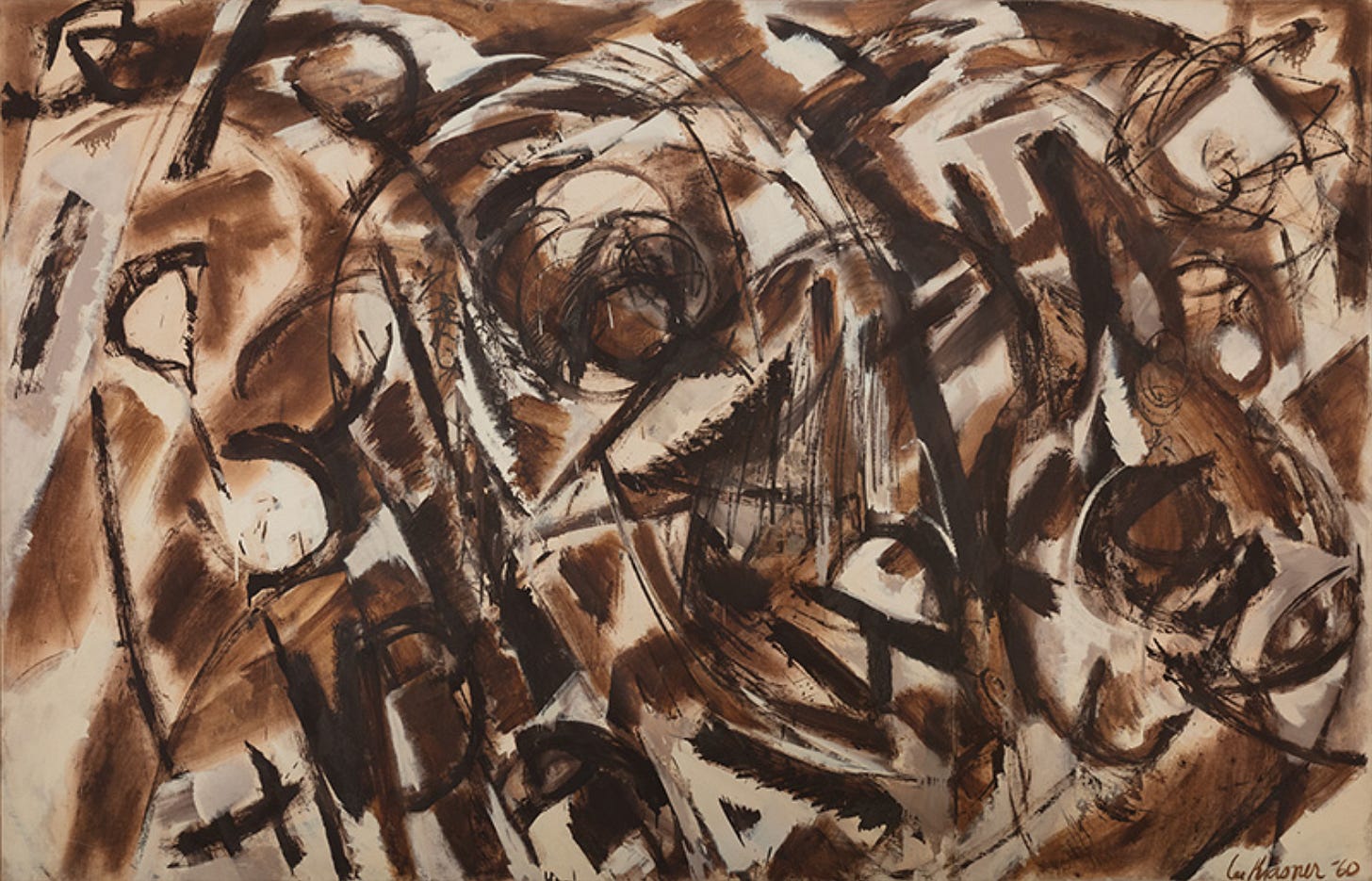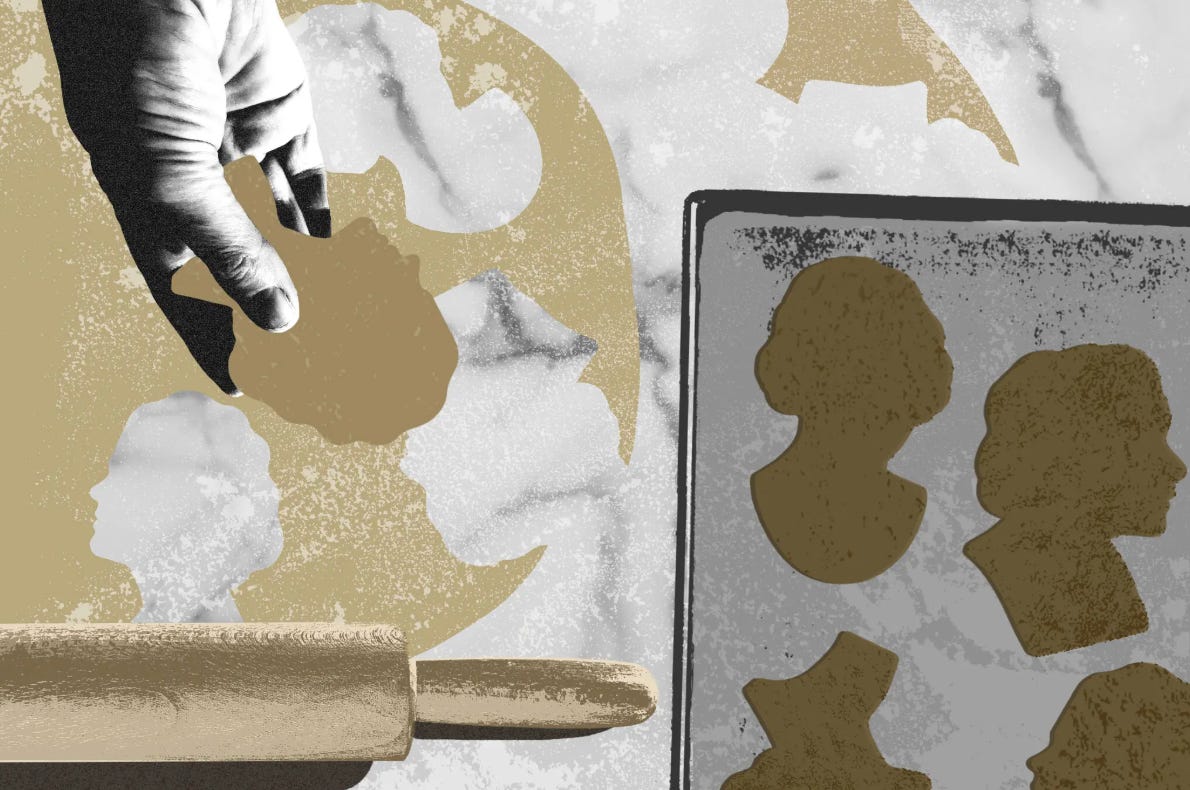thirteen.
This newsletter is here to connect you to your five senses and your grief at times when life and death make no sense. Consider it an imperfect “grounding exercise” for the month.
Without words. I have no story or explanation, retrospect or understanding, not yet. The woman I’ve called mother-figure, Suse, has died.
There were grace-giving moments being near her in the last weeks she was ill. There were hard things, too. Things I cannot turn away from and dare not forget.
I was excluded from my own mother’s illness and dying. Maybe deemed too young or unessential. Why, my father can’t justify. But being allowed in only at her death, when she was already in a coma, was like cutting out parts of a sentence, of a paragraph, in a colloquial story. One everyone knows. The outcome, obvious, but the journey to it, how or why it ends when it does, lost to me.
So using my hands, my body, my time and attention to lift, tend, and care for Suse, was different. I was there, near to her. A custodian of her and her story, in the time her body counted and counted down. Her death was not sudden, not a shock like my mother’s. There were gradual decisions made: to fight or acknowledge fatigue, the choice to stay and the choice, her’s, to go.
When death came, it was natural and obvious, impossibly easy, undeniable but still surreal. A perverse miracle. There were two earthquakes that day. One big, one small. Both noticed only by my cousin and myself. One at daybreak. One just before she left. Coincidence or not, it made her leaving make sense.
I say all this now in writerly fashion. Maybe because I’m scared to write without revision, not ready yet to say plainly or lay bare the incoming reality of life without her, in moments small and large. But I’m starting:
this conversation again. To wisely choose the people I keep close. To know there will be less answers than questions. To accept that I will long for something or someone good, faced by grief’s loneliness. To prepare myself for the days when the story isn’t a story but a reality — painful and unalterable. To remind myself to welcome in hard, difficult, ugly feelings — seating them at the table, escorting them out once the meal is through. They can come, but they must go. Doubt, anger, self-deprecation, blame, overthinking, shame — all necessary visitors, never lodgers.
Mostly, I write to remember that I choose to endure what’s not easy, to take part in it. Understanding it for it’s wonder and destruction, birth and death, too. I know that avoidance teaches nothing, awards no growth.
Because if death takes from me, I will and I must try to take from death what I can. Because there will be no more mothers, not like her or my mother, so I must learn to mother myself.
For SUSE
“She is tree of life to them that lay hold upon her: and happy is everyone that retaineth her.”
For years I’ve tried to think of another name
for her, as I was not born by her, was not
wholly raised by, not hers
entirely and would never know her
in the ways blood, bone, and flesh do.
But again and again, quietly
like the father I’d prayed to, she was
mother. She had given to my
mother a love I couldn’t give. Not yet. Tending
to her, as a hand forms to a tree –
unaltering and observing,
sharing breath and limbs, recognition
of nature’s gradual rot. And for a time, I followed
her, walked beside her. As a girl
then a woman, a child then a friend,
learning, as mothers do, that no one
can be saved. Only loved. Fearing, as children do,
that no one is spared. Only loved.
SEE - PETITE MAMAN
A girl loses her gran and watches her mother lose a mother. Poetic and patient, this gentle film tells the story of how love and grief are not bound by linear time, but something creative, magical, unending, and reciprocal.
FEEL - LEE KRASNER’S UMBER PAINTINGS
Jackson Pollock’s death unleashed in Lee Krasner an artistic maelstrom. The chaos, lines turning and circling, the warm umber tones, the feeling of dirt and air and what comes between, digs deep and unearths a painful rhythm. So much grief cannot be expressed, is beyond words, but can be found in the mess we are willing to make of it.
SMELL - LUTHER HUGHES: YOU SMELL LIKE OUTSIDE: IT WAS LIKE THIS
The death of a dog companion leads to poetic ends.
TASTE - Butter, Sugar and a Tablespoon of Grief
What hides behind baking habits.
HEAR - ALL IN GOOD TIME
Whatever your loss, this song (and Iron and Wine) speaks to it.
GRIEVE - SELF HELP BY LORRIE MOORE
With humor and heart, in singular lines bereft of preciousness, these stories mine the hurts we incur as humans needing humans.









